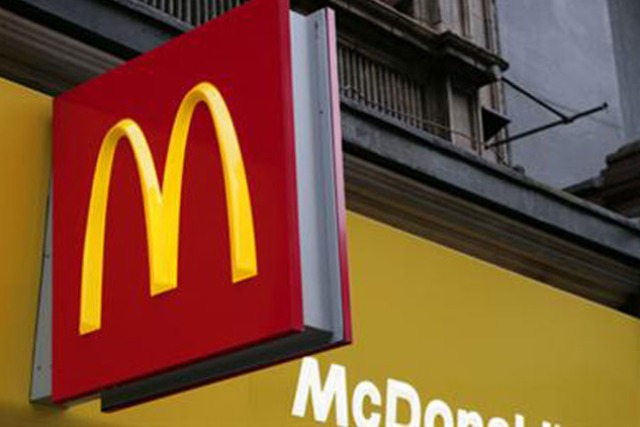
However, food campaigners have claimed that the measures do not go far enough.
The eleven-strong membership of the International Food & Beverage Alliance (IFBA), which also includes Kellogg, Mars, Nestle, Mondelez, Unilever, Ferrero, Group Bimbo and General Mills have penned an open letter to the World Health Organisation pledging to stop marketing unhealthy food to children through all forms of media.
The voluntary agreements, which have been developed with the World Federation of Advertisers, build on a raft of pledges set out in 2008 which included a commitment not to promote unhealthy foods to children under the age of 12 on TV or in print. The brands have extended this to include radio, cinema, direct marketing, mobile and SMS marketing, interactive games, DVD/CD-ROM and product placement by 2016.
This latest strengthening of the IFBA global policy demonstrates the extent to which members are taking their responsibilities seriously
The IFBA will restrict the use of "certain techniques" that appeal to children, including the use of licensed characters, movie tie-ins and celebrities. It will also not engage in product marketing in schools by 2016 for products high in fat, salt or sugar (HFSS).
The policy does not apply to products defined as 'better for you', nor brand equity characters integral to a brand, such as Frosties' Tony the Tiger.
The letter, addressed to WHO director general Dr Margaret Chan, also outlines plans to create globally agreed standards on nutritional criteria in markets where they do not currently exist.
In the EU, US and Singapore there are already guidelines in place to determine whether a product can be described as 'better for you' but this pledge outlines a commitment to establish harmonised standards globally.
The companies have also cemented commitments to increase product reformulation and innovation and to providing nutrition information on pack and at point of sale by the end of 2016.
"The major food and beverage companies have strict controls in place on how they communicate with younger audiences," said Stephan Loerke, managing director of the World Federation of Advertisers.
"This latest strengthening of the IFBA global policy demonstrates the extent to which IFBA members are taking their responsibilities seriously when it comes to marketing to children," he added.
'A bit of puff'
Health campaigners gave the move a cautious welcome, hailing it a "step in the right direction", although they called for more stringent rules around marketing to children.
"I think what they should be congratulated for is harmonising their nutritional criteria," said Professor Mike Rayner, chair of Sustain and the Children’s Food ±±ľ©Čüłµpk10 working party.
"They have done some things well - I just think it doesn’t go far enough in my opinion, with regards to age and targeting of ads," he said, labelling the activity "a bit of puff on their part".
Rayner added: "They are making slow progress but the proof is in the eating of the pudding [and] we need better evidence of the effects of these measures."
"It’s a step in the right direction but these problems are so big that these steps are so small in relation."
But Malcolm Clark, co-ordinator of the Children's Food ±±ľ©Čüłµpk10, was less impressed by the brands' action, saying there were "still plenty of gaps in what has been announced".
"The fact that manufacturers and industry here in UK have refused to agree to even the most basic of voluntary pledges on food promotion, as part of the Department of Health's Responsibility Deal, suggests that they are unwilling to introduce anything that isn't 100% on their own terms, or which they would see as a real threat to them continuing to push their sugary and fatty snacks and drinks," Clark claimed.



.jpg)
.jpeg)
